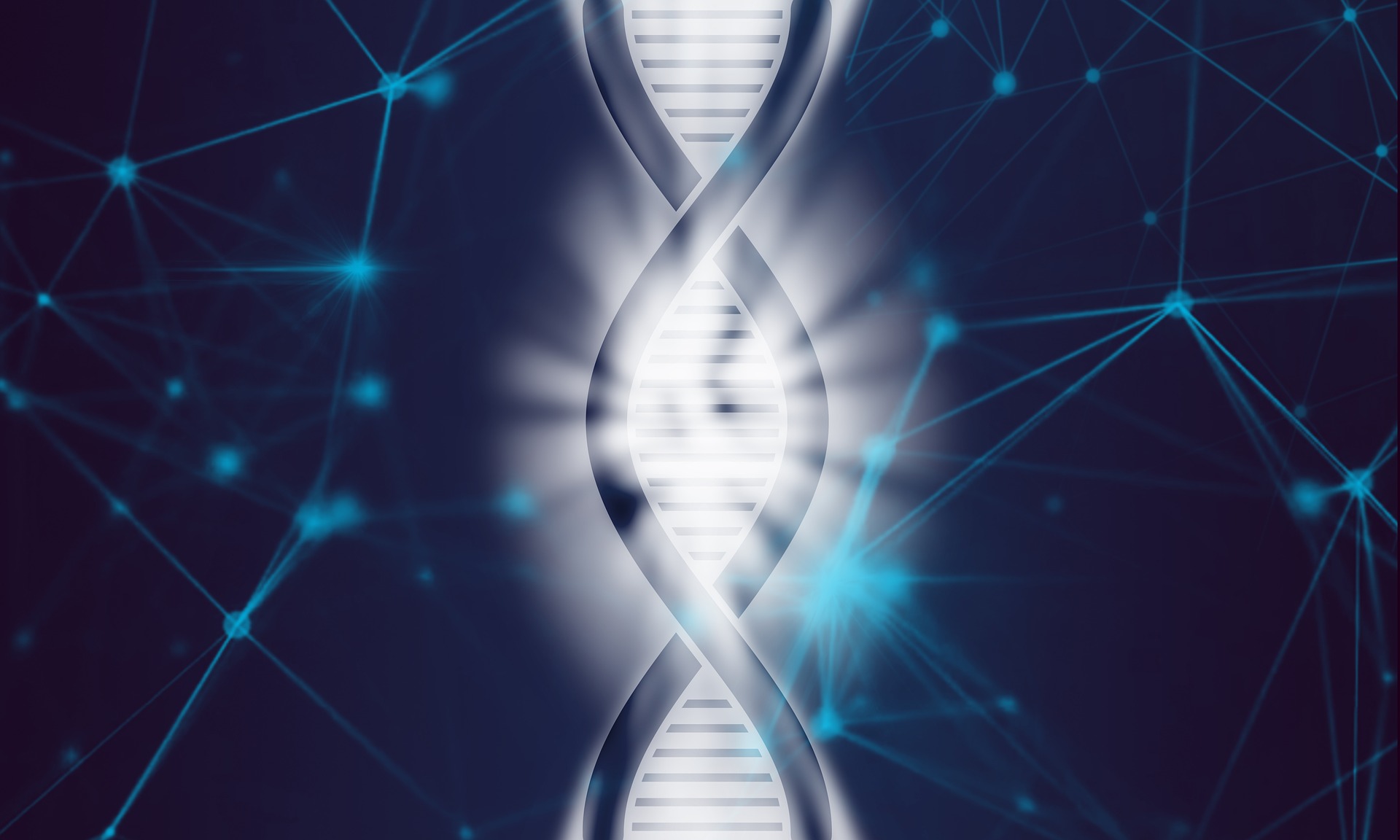Over 10 years experience of Traceability Solutions

By Pharmatrax Author
Category: News
 No Comments
No Comments
Once a niche method in academic labs, synthetic biology is now an essential tool for a broad range of applications.
In the drug discovery pipeline, there are several areas where the speed and accuracy of new synthetic biology tools are making a measurable difference in the ability to accelerate drug development while concurrently reducing expenses.
Fueled by plummeting costs and widespread adoption of DNA sequencing platforms, these new tools are particularly important for pharma and biotech scientists, who are working with more genomic information than ever before.
The wealth of sequence data, paired with new genetic engineering approaches, has made it possible to design and construct exponentially more clinically efficacious targets. But translating all this potential into new drug candidates – while simultaneously achieving the goals of speeding up drug discovery and lowering costs – requires the ability to test more and more sequences and biological scenarios.
Synthetic biology addresses this need by empowering drug discovery scientists to synthesize DNA fragments, clones, or entire variant libraries. Precisely selected optimization steps and automated systems now allow a virtually hands-free production of constructs and cloning into vectors. In one recent example, researchers turned to an automated platform for rapid DNA synthesis to generate several vaccine candidates for the SARS-CoV-2 virus much faster than is usually possible.
Synthetic biology tools have gained traction in the drug discovery pipeline and are now helping scientists at several points in preclinical and clinical research.
One key use of synthetic biology has been the development of cell-free systems that allow scientists to activate and analyze biological machinery – without the confounding variables introduced by a live cell system. Advanced synthesis techniques make this approach possible: they have opened the door to new possibilities for manipulating systems in the interest of better understanding biology and discovering important new drug targets.
The ability to synthesize DNA rapidly and accurately has been beneficial for drug discovery processes where there is a time- and cost-sensitive need to generate DNA fragments, expression vectors, or variant libraries. Recent advances in synthetic biology technology – including error-reduction methods that can boost accuracy to levels seen in natural polymerases, and benchtop systems that can produce dozens of DNA fragments in an overnight run – have now made these techniques accessible to scientists throughout pharma and biotech.1,2
Synthesized clones and variant libraries can be used in discovery biology, protein and antibody engineering, epitope mapping, and more.
Researchers in Belgium recently reported using variant libraries produced with synthetic biology techniques to design and assemble a series of nanobody sequences; in doing so, they achieved results three times faster than manual benchtop cloning methods.3 Their success demonstrates the potential of synthetic biology to accelerate the development of nanobody-based treatments, such as vaccine candidates.
In a separate example, biotech scientists reported a synthetic biology-driven method for identifying clinically relevant T cells designed to express key receptors, an approach expected to be useful for the development of adoptive cell therapies, a treatment in great demand in discovery pipelines.4
Synthetic biology has also been paired with CRISPR techniques to help with disease modeling and gene therapy development. With an automated benchtop DNA synthesis tool, scientists at the VIB research institute created a tissue-specific knockout system based on CRISPR to generate mutations in plant cells, tissues, and organs.5
As costs for DNA synthesis fall, accuracy concurrently increases, and automation becomes more prevalent, synthetic biology-based approaches can be deployed for larger-scale drug discovery projects across the target identification, validation, and optimization spectrum.
The broad benefit of synthetic biology in drug discovery can be illustrated with a recent example: the development of vaccines for the COVID-19 pandemic.
While synthetic biology has been available during previous outbreaks – and was even used to help develop vaccines ultimately stockpiled for the H7N9 avian flu outbreak that thankfully never turned into a pandemic – recent advances in automation were available just in time for the emergence of SARS-CoV-2, the novel coronavirus that causes COVID-19.
Even in the early days of this pandemic, scientists were able to take the genome assemblies produced for SARS-CoV-2 and use those sequences to build genomic constructs for vaccine candidates. A research team at the University of Washington used an automated synthetic biology platform to build five potential vaccines.6 The time frame from the launch of the project to preclinically testing those candidates in mice was an astonishing two weeks.
With that kind of speed through this technology, clinical research teams could even consider developing region-specific vaccines that would allow them to respond to localized mutations. This approach is equally effective for vaccines using RNA, DNA, live attenuated virus, or viral vectors.
Advances in synthetic biology tools have made this technology faster, more accurate, and more affordable. These improvements are now bringing synthetic biology to areas of drug discovery for which it was never feasible before. Already, scientists have demonstrated that implementing automated synthetic biology platforms has accelerated discovery research – and continued progress on this front promises to speed the development and commercialization of much-needed new therapies.